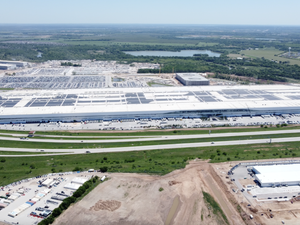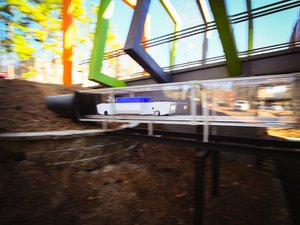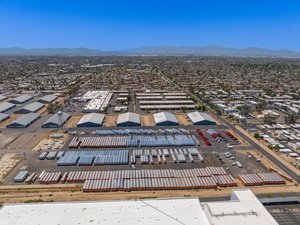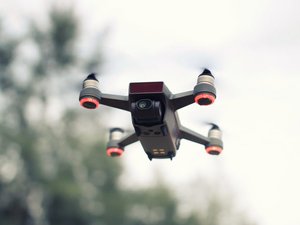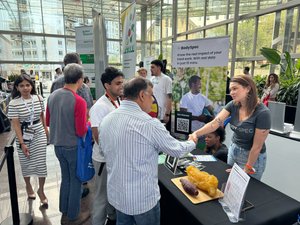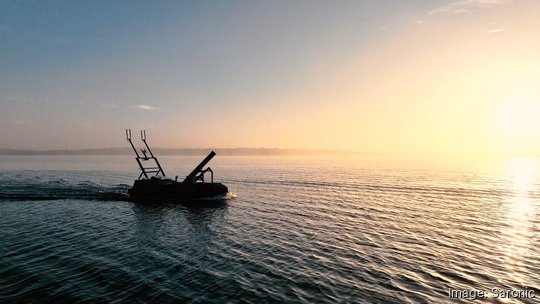
Saronic Technologies, an Austin-based company that is developing autonomous boats for military purposes, is expanding its manufacturing and research-and-development facilities in Austin and plans to go on a hiring spree as it ramps up production.
The startup, which raised $55 million last October, said April 24 that it has acquired a new, 65,000-square-foot space and plans to hire more than 100 people by the end of 2024 — a surge expected to bring its headcount to 200.
Saronic, founded in 2022, started out as an eight-person team working from a small garage in The Yard development in the St. Elmo Arts District. It has since grown to 85-plus, including software and engineering teams, military thought leaders and manufacturing employees. Its new space is across the street from its offices at The Yard. Austin-based venture capital firm 8VC, which helped co-found Saronic, and Austin-based 3D printing company Icon Technologies helped the company find its new space.
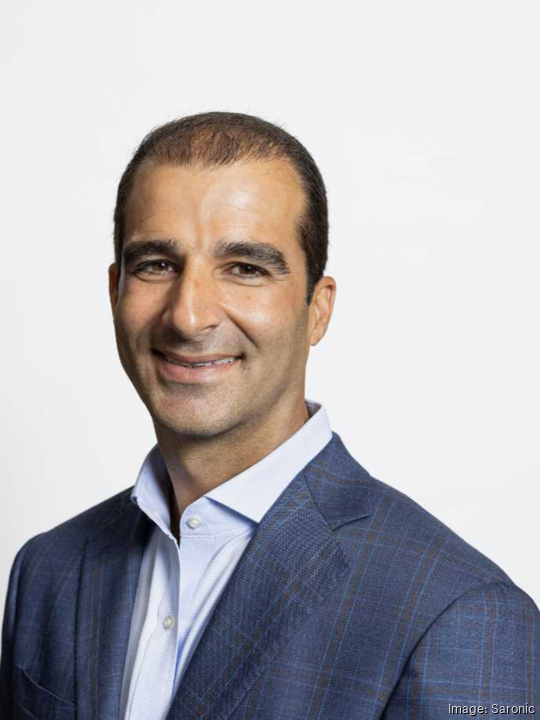
In addition to its Austin operations, Saronic has a facility in Galveston totaling more than 5,000 square feet where it tests its drone boats — or autonomous surface vessels, in military parlance — in operational environments.
Altogether, the company says it has nearly 100,000 square feet of operational space.
Saronic is led by co-founder and CEO Dino Mavrookas, a former Navy SEAL who moved to Austin to work with Vista Equity Partners. Its other co-founders include: Vibhav Altekar, vice president of software; Rob Lehman, chief commercial officer; and Doug Lambert, head of engineering.
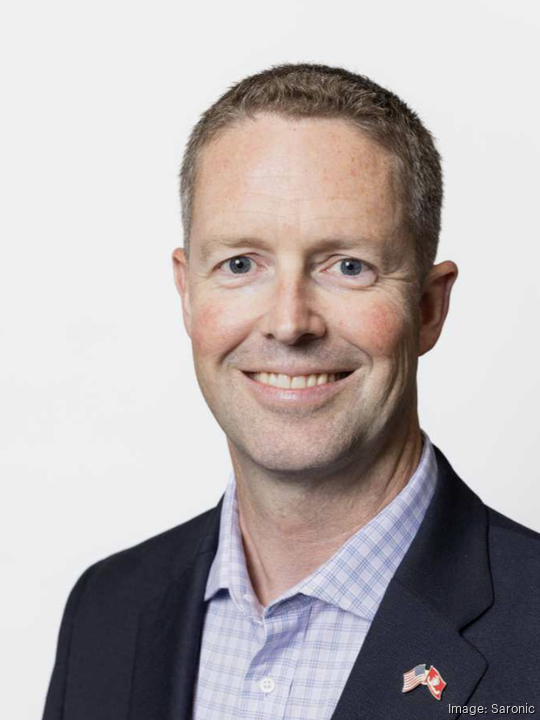
The startup has open positions for electrical engineers, manufacturing engineers, front-end software engineers, floor supervisors and field support technicians. The open roles are likely to come as good news for some of the roughly 2,700 people recently laid off from Tesla's gigafactory in eastern Travis County.
"Very few places offer the breadth and the caliber of talent needed to really bring advanced software and hardware products to market as quickly as we have," Mavrookas said. "So a lot of our talent comes right from the Austin area."
He said former Tesla employees could be a good fit.
"If you look at Tesla, it's a leading technology company that also builds hardware products (and) leads the industry in self-driving," he said. "There's a lot of overlap to what they're doing and what we're doing in boats. And I can imagine there'll be a great fit for some of those folks at Saronic."
Saronic's surface water drones are largely targeted toward military applications, specifically within the Navy. The small watercraft can be dispatched from larger boats or airdropped. Once deployed, the drones are able to identify and track targets, relay communications and return to a pickup point.
The startup is currently developing and producing three vessels.
One, called Spyglass, is about six-feet long and has a range of 30 nautical miles. It also has a 14-foot vessel called Cutlass with a range of 300 nautical miles that can deploy munitions and help create communication networks at sea. It's also developing a larger, 24-foot vehicle called the Corsair, which it hasn't described in detail yet.
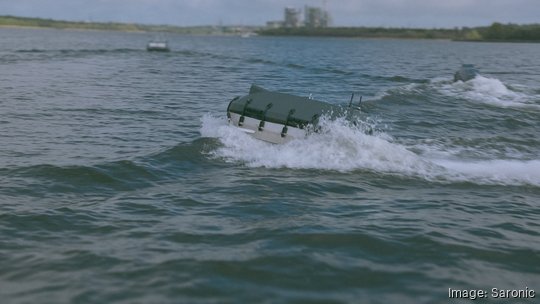
The company's boats will be able to carry kinetic weapons, such as missiles, as well as non-kinetic weapons, such as devices for cyber attacks and electrical disruptions.
Saronic designs and builds the boats from the ground up, working closely with the Navy to understand its evolving needs. It also develops all of its software in house and handles all manufacturing.
"We're actually a technology and software company that delivers our capabilities through boats," Mavrookas said. "Our vision is to have production and assembly lines that are eventually rolling out thousands and thousands of autonomous surface vessels and really doing it right here in Austin."
Saronic is part of a growing number of companies developing autonomous vessels as the United States and other countries ramp up purchases of autonomous vehicles to deploy in conflict zones, such as Ukraine and Russia. The global autonomous ship market was valued at $5.6 billion in 2023. That's expected to grow to $6.1 billion this year and $12.2 billion by 2032, according to a report by Fortune Business Insights.
"It's a very large market that is becoming more important by the day when you look at what the U.S. Navy struggles with and the near-term problem of deterring a Chinese invasion of Taiwan," Mavrookas said.
"How do we do that? And when you understand the shipbuilding industry in the United States and how the Chinese have ramped up their shipbuilding capacity to over 250 times what the U.S. currently has, you start to understand the dynamics that the traditional Navy just won't be the most powerful navy in the world the way that it has been in the past," he said. "We need new types of systems that extend the range, capability and survivability of our current fleet, really being force multipliers to the fleet to enable that maritime superiority for a long time to come."
